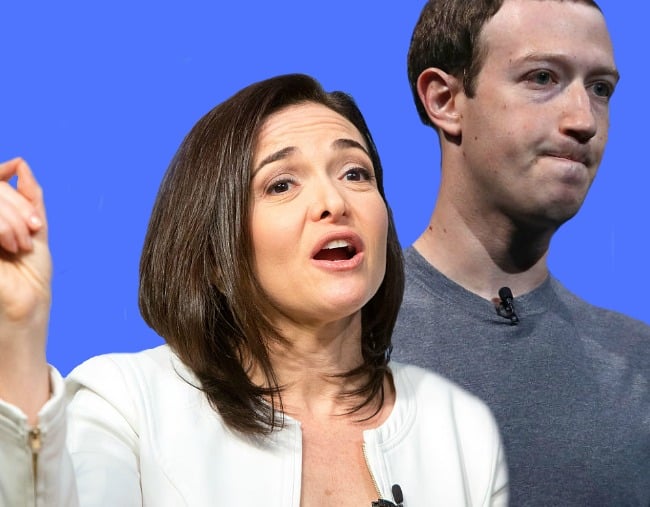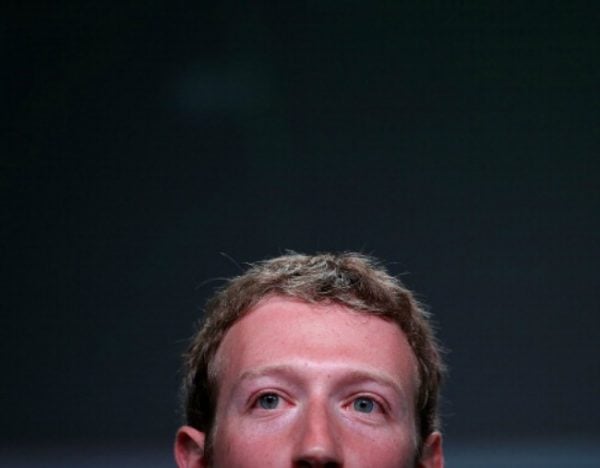
Across the world, the internet and every news feed right now, you’re probably seeing the words ‘data’ and ‘breach’ and ‘Facebook’ and the hashtag #DeleteFacebook saturating the landscape in which you scroll.
Data’s not sexy. Not even remotely. And yet, it’s snaking its way into every major news bulletin and across every major news site. The hashtag #DeleteFacebook began trending. Think pieces have sprung from every corner, warnings from every angle. We’re being told we should be angry, we should be wary and we should wise up.
So what in the world is going on?
Over the weekend, The Guardian, The Observer and The New York Times reported that data analysis firm Cambridge Analytica used information gleaned from hundreds of millions of Facebook profiles to try and influence how Americans voted in the 2016 US election.
As a sentence, that may not sound overly remarkable. After all, our data is everywhere, and advertising is targetted to us accordingly. This situation, experts say, is very different. There’s a chance it influenced elections, political proceedings and has shaped the world today as we know it.
This is everything you need to know about why people are changing ‘Delete Facebook’ worldwide.
Back up: What’s Cambridge Analytica?
Oooookay. Let’s start here.
Cambridge Analytica (CA) is a political data firm hired by President Trump’s 2016 election campaign. You might not be surprised to learn the former Vice President of the firm was Trump’s former Chief Strategist Steve Bannon. Chris Wylie is the pink-haired ex-Cambridge Analytica employee who is blowing the whistle on how they conducted “research” for the election.


Top Comments
Lucky they did. Or we would have Hillary.
“it’s just good online hygiene” this made me giggle way too much.